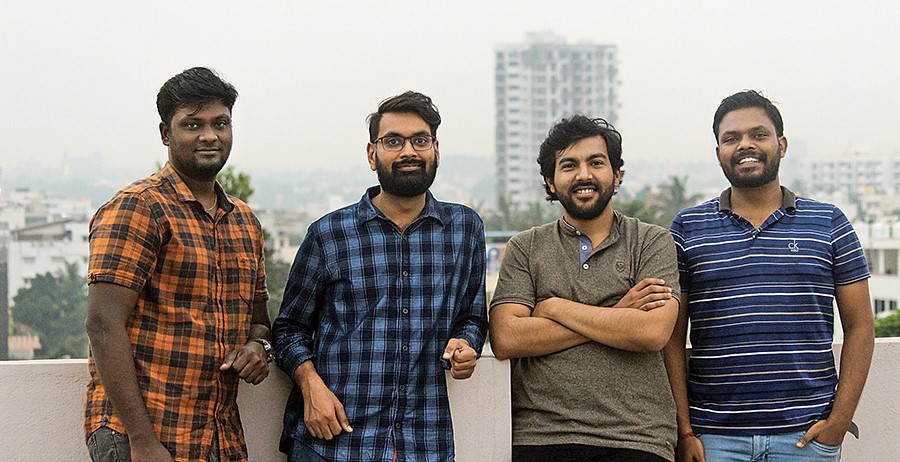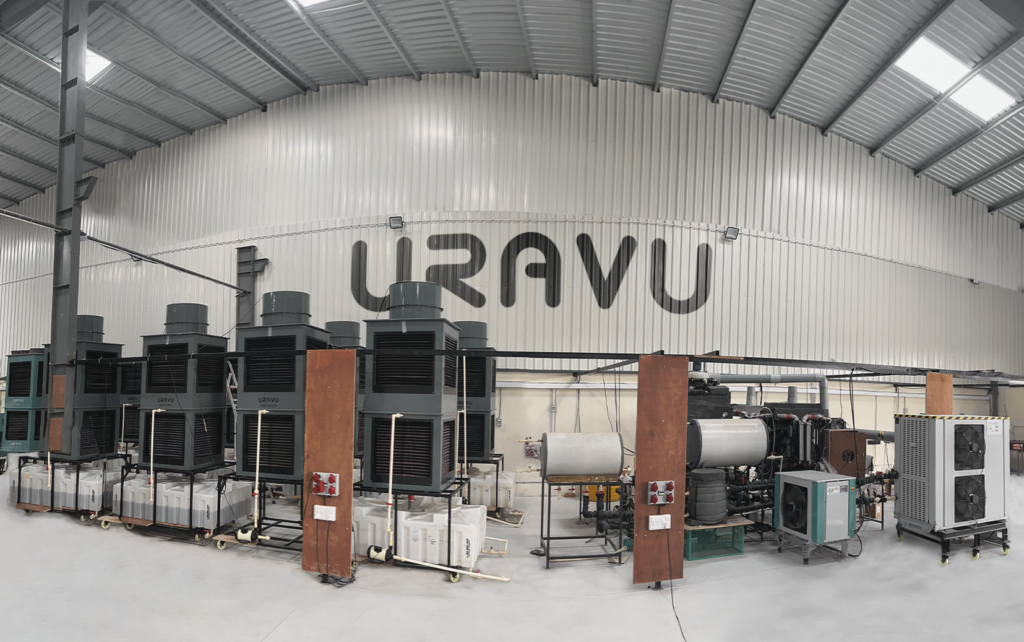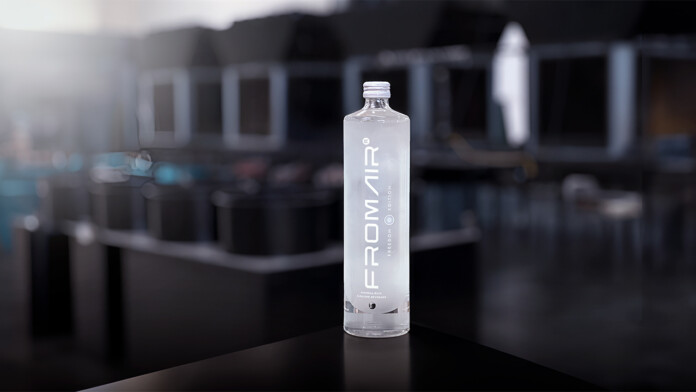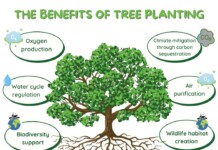Uravu, a deep-tech startup based in Bangalore, tackles the global water crisis with a unique solution: extracting clean, drinkable water directly from the air. Co-founded by Swapnil Shrivastav, an NIT Calicut alumnus and former product designer, Uravu’s innovative technology aims to provide sustainable water access in areas with limited infrastructure and water scarcity.
In a chat with Benedict Paramanand, Editor of Sustainability Next, Swapnil dives deep into Uravu‘s mission, technology, and plans. Edited excerpts:
Swapnil, to start with, what’s the meaning of ‘Uravu’?
It’s a Malayalam word for ‘spring’ or ‘source of water.’ It reflects our vision to provide sustainable water access. Interestingly, it also means ‘relationship’ in Tamil. It highlights the connection between water, humans, and the Earth.
Fascinating! What problem were you trying to solve when you started Uravu with your college mates?
We faced water scarcity during our final semester at NIT Calicut. With limited infrastructure and strained groundwater resources, we had to ration water. This experience sparked our desire to create an alternative water source, independent of physical sources or groundwater, accessible even in remote areas.

There are air-to-water technologies already in the market. How is Uravu different?
Most existing technologies rely on air conditioning-like systems, consuming high energy and are highly dependent on humidity. Uravu uses a desiccant-based technology, powered by renewable energy sources like solar or waste heat. It works efficiently across various humidity levels. We’re constantly optimizing to reduce costs.
Is this a proprietary technology?
Yes, we have filed patents to protect our innovations. We’re building a portfolio covering various aspects, from integrating renewable energy sources to water purification and control algorithms.
What’s the current cost per litre, and will it decrease?
Currently, it ranges from Rs. 2 to 4 per litre, depending on the energy source. We aim to bring it down to Rs. 1-1.50 per litre years through various optimizations and exploring waste heat as an energy source.
Who are your target customers?
We currently focus on the premium beverage market in the hospitality sector, like hotels and restaurants. We offer an end-to-end solution, producing, bottling, and delivering water in reusable glass packaging. This minimizes transportation costs and creates a closed-loop system with minimal environmental impact.
How is the taste compared to regular water? Is that a concern?
Naturally, air lacks minerals. We offer various formulations, including one with copper and zinc for taste and health benefits. We can also create alkaline or higher-TDS versions for specific preferences.

Wouldn’t setting up plants in humid cities like Mumbai be more efficient, and how do you ensure clean water from potentially polluted air?
While humidity affects desiccant usage, it’s a minor cost factor. Our technology operates efficiently across a wide humidity range, making it suitable for various locations. To answer the second question – we employ a multi-step process: air filtration, selective absorption by the desiccant, heat-based purification, and final membrane filtration with UV disinfection. This ensures high-quality water regardless of the air quality.
Can Uravu solve water problems in remote areas with no access to water?
Absolutely! Our scalable and affordable technology, combined with renewable energy sources, makes it ideal for providing high-quality drinking water in remote areas lacking infrastructure. We’re actively working with NGOs and CSR initiatives to make this a reality.
What are your plans for the next three years?
We aim to scale up to 8,000 – 10,000 litres per day in Bangalore, expand to the UAE market, and reach 50,000 litres per day capacity by next year. We’re committed to providing sustainable water access while saving groundwater and minimizing environmental impact.
That’s an admirable goal, but why glass packaging instead of plastic?
Sustainability is at our core. Plastic reuse and recycling infrastructure are inadequate, creating environmental issues. Glass packaging allows for multiple reuses, reducing single-use plastic and aligning with our zero-waste philosophy.











This information really helped. Thank you.